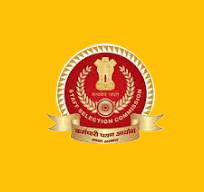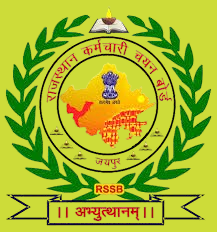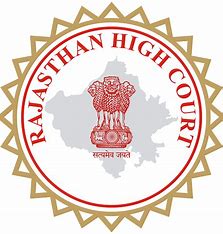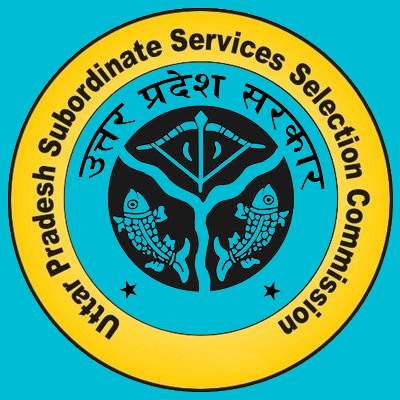
Lok Sabha
Lok Sabha
1. Overview of Lok Sabha Reporter Exam
The Lok Sabha Secretariat Reporter exam is a highly competitive examination primarily based on shorthand, typing skills, and general knowledge. The position of a reporter is demanding because it requires fast typing, accurate shorthand writing, and a good grasp of political affairs.
2. Exam Pattern and Structure
The exam structure for the Lok Sabha Secretariat Reporter is as follows:
Shorthand Test:
- English Shorthand: You will be required to transcribe a speech at a speed of 160 words per minute. This test checks your shorthand skills and accuracy.
- Hindi Shorthand: You may also be required to transcribe a speech in Hindi shorthand at a slower speed, approximately 100 words per minute.
Typing Test:
- After passing the shorthand test, candidates are required to appear for a typing test (both in English and Hindi) with a speed of 40-45 words per minute.
General Knowledge and English:
- Multiple-choice questions related to General Knowledge (current affairs, history, Indian politics, etc.) and English Language (grammar, vocabulary, sentence formation) are part of the exam.
Interview:
- Candidates who clear the above stages are called for a personal interview. The interview will assess your communication skills, knowledge of parliamentary procedures, and general awareness.
3. Syllabus Breakdown
The syllabus for the Lok Sabha Reporter Exam consists of the following key areas:
Shorthand (English and Hindi):
Practice transcribing parliamentary speeches.
Focus on accuracy and speed. You can improve your shorthand speed by practicing dictation on various topics.
General Knowledge:
- Indian Politics: Structure of the Indian Government, Parliamentary system, Bills, Acts, Committees.
- Current Affairs: Focus on daily news, recent political developments, elections, international relations, economy, etc.
- Indian History & Geography: Focus on major events, leaders, and locations important in the Indian political context.
English Language:
- Grammar: Sentence correction, fill in the blanks, active/passive voice, direct/indirect speech, etc.
- Vocabulary: Synonyms, antonyms, idioms, and phrases.
- Comprehension: Reading passages with questions to check understanding.
Typing Test:
- Practice typing on a computer to improve your speed and accuracy in both English and Hindi.
4. Preparation Tips for the Lok Sabha Reporter Exam
Master Shorthand Skills:
- Shorthand is the most crucial part of this exam. You must practice it daily. Start by listening to speeches or dictations at varying speeds. Gradually increase the speed to match the exam requirement of 160 words per minute.
- Use shorthand books, apps, and online tools to practice and improve your skills.
Improve Typing Speed:
- Whether it’s English or Hindi, improving typing speed is essential for clearing the typing test. Regular practice with online typing tools can help you gain the required speed.
- Aim for at least 45 WPM in both languages and focus on achieving 100?curacy.
Stay Updated with Current Affairs:
- Read newspapers daily (The Hindu, The Times of India, etc.) and follow online news portals for the latest updates on politics, government schemes, and global events.
- Follow Lok Sabha debates and speeches, as these will give you an understanding of the language, issues, and parliamentary terms.
Study General Knowledge:
- Focus on Indian polity—the structure of the government, Lok Sabha procedures, and key government policies.
- Prepare from competitive exam GK books and resources. Online portals like Jagran Josh and BYJU's can help you stay up-to-date with current affairs.
- Mock Tests and Previous Year Papers:
- Solve as many mock tests as possible to get an idea of the exam pattern and improve time management.
- Go through previous year question papers to understand the types of questions that appear in the exam.
Work on Time Management:
- In both the shorthand and typing tests, you’ll need to manage your time wisely. Practice working within a set time frame to improve your speed.
- In the General Knowledge section, try to answer questions quickly by eliminating the incorrect options.
5. Books and Resources for Lok Sabha Reporter Exam Preparation
Shorthand Practice Books:
- Pitman’s Shorthand
- Hindi Shorthand by Dr. G.D Bist (for Hindi shorthand)
General Knowledge Books:
- General Knowledge 2024 by Manohar Pandey (Arihant)
- Lucent’s General Knowledge
English Language:
- High School English Grammar & Composition by Wren and Martin
- Objective General English by R.S. Agarwal
Typing Practice Tools:
- TypingMaster (for both Hindi and English typing)
6. Exam Day Tips
- Ensure that you are well-rested before the exam. A good night’s sleep is crucial.
- Carry all necessary documents like your admit card, photo ID, and any other materials that might be required.
- Read the instructions carefully before starting the exam, especially in shorthand and typing tests.
- Manage your time effectively, and don’t spend too long on any one question.
7. Conclusion
The Lok Sabha Secretariat Reporter Exam requires a combination of technical skills (shorthand and typing) and general knowledge. With focused preparation and consistent practice, you can easily clear this competitive exam and secure a position as a Reporter in the Lok Sabha Secretariat.
Final Tip: Consistency is key. Dedicate time each day to practice shorthand, typing, and current affairs. Gradually increase the difficulty level of your practice, and you'll see marked improvement over time.
Good luck with your preparation!





